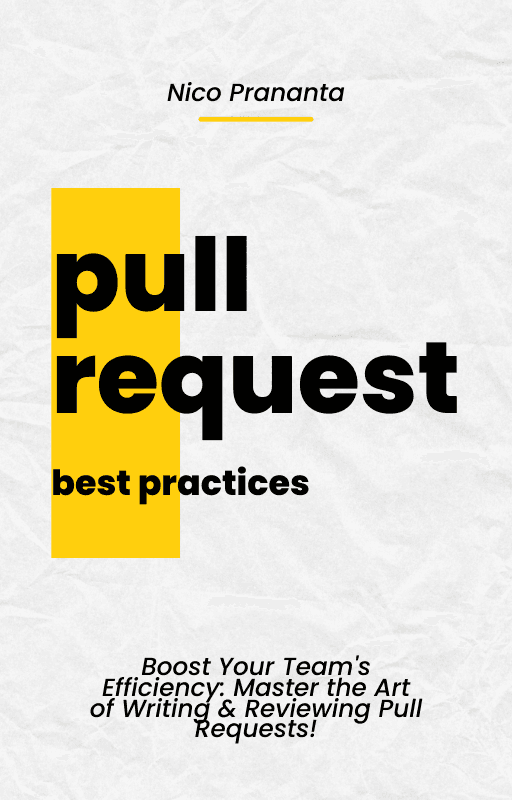- Published on
Will humans still have the edge over AI?
The future with AI as part of life is not so far
- Authors
- Name
- Nico Prananta
- Follow me on Bluesky
Recently, a splash was made in the tech community by the unveiling of Devin, a new AI software engineer created by Cognition Labs. Its creators claim that Devin not only aced practical engineering interviews at top AI firms but also completed actual projects on Upwork. This announcement has stirred a mixed bag of reactions within the developer community. While some critics highlighted bugs in Devin's demo or suggested the tasks were tailored to its training, others humorously wished future developers luck in maintaining Devin's code.
Yet, amidst the skepticism and jest, a significant conversation has emerged about the future of human creativity in the age of AI. A perspective, echoed by Indonesian developer mgilangjanuar, suggests that while AI might replicate coding tasks, it cannot mimic the human capacity for generating ideas. Initially, I found myself nodding in agreement, but a deeper reflection led me to challenge this assumption.
Image

AI is proving itself to be more creative than previously thought. For example, platforms like ChatGPT are now helping with travel plans, recipes, and business strategies. However, there's a caveat: AI's ability to generate ideas currently hinges on receiving a prompt—a human-initiated push to start its creative journey.
This made me think about why people come up with ideas. Many innovators believe that ideas mostly arise from the need to solve problems. Looking at things as solving problems, we can see how even the most creative thoughts help us find solutions:
- Being Creative and Expressing Art: Helps us express ourselves or get a reaction.
- Finding Personal Satisfaction: Aids in reaching our goals or being happy.
- Exploring Philosophical Questions: Involves searching for answers to life's big questions and moral issues.
Adopting this broad view of problem-solving, it's clear that AI can, in theory, be tasked with generating ideas aimed at bridging the gap between reality and aspiration. We can envision a not-so-distant future where we present AI, like AutoGPT or other intelligent agents, with a business problem—say, a low conversion rate on an app or website with a goal to reach a specific target percentage. From this problem statement, the AI could autonomously fetch data from analytics, generate a range of strategies, implement them, and evaluate whether the desired conversion rate has been achieved. Projects like AutoGPT exemplify this potential by enabling an AI to iteratively solve tasks with minimal human guidance, demonstrating a significant leap towards autonomous problem-solving capabilities in the digital realm.
However, there's a nuanced distinction to consider. AI, unlike humans, does not navigate the complexities of daily life. It is unaffected by personal hardships or societal issues, which are often catalysts for human creativity. This limitation indicates that although AI can come up with ideas when prompted, it doesn't naturally have the spontaneous drive that fuels human creativity without any external prompts.
Essentially, although AI requires prompts to generate ideas, once presented with a problem and a goal, it can devise solutions more efficiently than humans. Since problem-solving is a significant aspect of human life, AI holds a clear advantage over humans.
As AI technology evolves, the distinction between human and machine capabilities blurs. Yet, the question remains: what roles will humans play in a future increasingly dominated by AI? This is not just a question for today but a profound inquiry for tomorrow's world, reminding us of the value and uniqueness of human creativity and experience.
Are you working in a team environment and your pull request process slows your team down? Then you have to grab a copy of my book, Pull Request Best Practices!
Image
